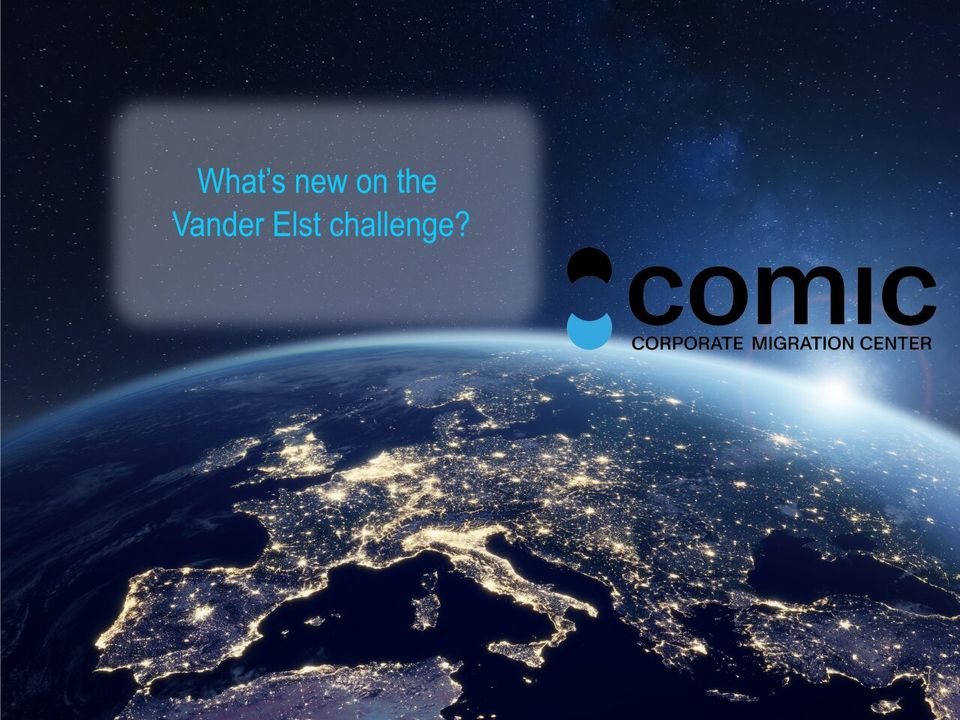What’s new on the Vander Elst challenge?

Almost 30 years after the ECJ landmark case in Raymond Vander Elst (C-43/93, 9 August 1994), and despite subsequent related ECJ rulings, it is impossible to find a consensus at an EU level.
In Germany, obtaining a Vander Elst permit is intrinsic to the concept of challenge! As mentioned in the well-known German customs website zoll.de: “more detailed information will be provided by the diplomatic missions and consular posts abroad”.
In Spain, the immigration authority admits that it is easier to obtain a work authorization than a residence visa under the Vander Elst principles.
Surprisingly (or not), the question whether and under which circumstances the intra-EU hiring out of workers falls under the scope of the Vander Elst exemption is again under a judicial debate.
The ECJ ruled that “Articles 56 and 57 TFEU must be interpreted as meaning that a Member State is not entitled to require that third-country nationals, who are hired out by an undertaking established in another Member State to an undertaking also established in that Member State with a view to the provision of services in the first Member State, have work permits” (see inter alia Danieli & C. Officine Meccaniche SpA, C-18/17, EU:C:2018:904 and the case-law cited).
However, the ECJ has emphasized that workers hired out gain access to the labour market of the host Member State.
That fact justifies Member Sates’ right to restrict, by the requirement of a work permit, the hiring out of workers employed by undertakings which have their registered office in a Member State bound by an accession treaty (a treaty of the European Union that specifies the terms under which an applicant state becomes a member of the European Union).
Authorities in certain Member States have a “selective” reading of ECJ case-law:
- paragraphs related to the analysis of Articles 56 and 57 TFEU together with provisions of accession acts are enforced out of context (the fact that the ECJ reasoning is grounded on provisions of accession acts, is disregarded);
- the ECJ ruling in Danieli is interpreted in the meaning of maintaining the Member States’ right to restrict, by the requirement of a work permit, the hiring out of workers employed by undertakings which have their registered office in a Member State, to a user undertaking established in another Member State, if it can be presumed that the workers will not return to their country of origin or residence, after the completion of their work (see inter alia the ECJ ruling in Rush Portuguesa ,C-113/89, EU:C:1990:142);
- the presumption that workers hired out will not return to their country of origin or residence after the completion of their work, is merely triggered by the existence of a hiring out scenario!
In another related context, some good news might come from a case currently pending before the ECJ: the Hague District Court (Netherlands) referred several questions for a preliminary ruling, the first aiming to clarify whether the posted third-country nationals’ right of residence in the host Member State, is directly derived from Article 56 TFEU(C-540/22).
The question is whether Article 56 TFEU precludes the requirement to obtain a residence permit for workers, in addition to the posting of workers notification (regardless of the host Member State’s right to issue such a permit).
Tanel Feldman, Immigration Law Associates – Belgium

